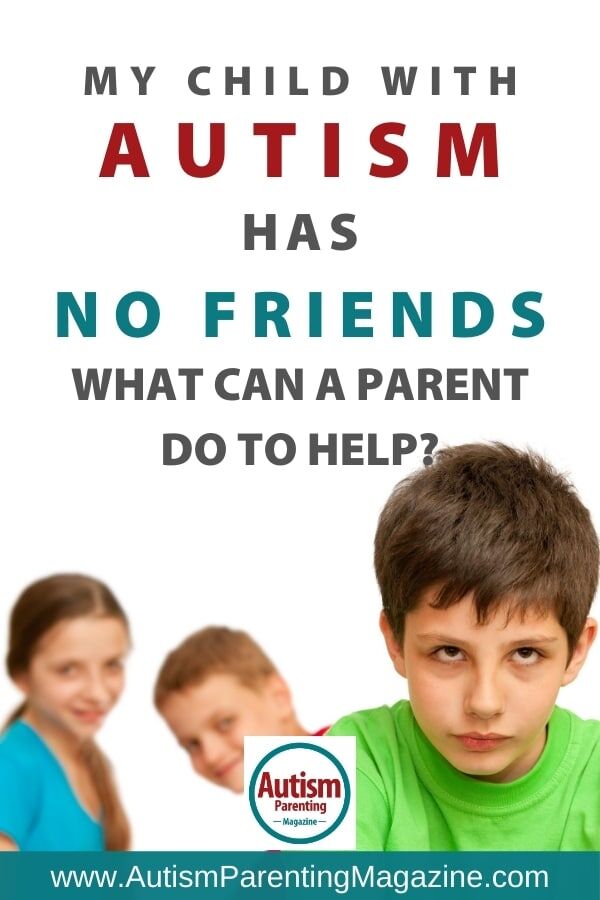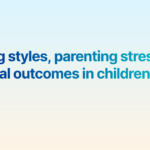Navigating the world of social interaction can be a challenging journey for children with autism. However, with the right guidance and strategies, they can successfully build meaningful friendships. Our article, ‘How to Help Your Child with Autism Make Friends’, provides parents and caregivers with practical tips to enhance their child’s social skills and improve their social interactions. Whether you’re seeking ways to boost their confidence or techniques to help them understand social cues better, we’ve got the information you need to help your child thrive in their social life. Let’s dive into the world of social skills and autism, enhancing your child’s journey towards making friends.
Understanding the Unique Social Challenges Faced by Children with Autism
Understanding the unique social challenges children with autism face is crucial for enhancing their ability to make friends. Autism can often lead to difficulties in communication, expressive language, and understanding social cues, which can hinder their ability to form meaningful relationships. As a parent, it’s paramount to acknowledge these challenges so you can guide your child towards better social interactions. Learn about the varying degrees of autism, and equip yourself with strategies that can help your child to navigate social situations. This understanding will not only help enhance your child’s social skills but also increase their confidence in social settings, thereby helping them make friends.
Strategies to Enhance Social Skills in Children with Autism

Developing social skills is crucial for children with autism to form meaningful relationships. With thoughtful strategies, parents can significantly enhance these skills. Encourage your child to participate in group activities that interest them, fostering shared experiences and common ground with peers. Role-playing can also be a powerful tool, providing safe and comfortable scenarios to practice social interaction. It’s vital to maintain patience, empathy, and positive reinforcement throughout this journey. Additionally, utilizing resources like social skills classes or therapists specializing in autism can provide professional guidance. Remember, each child is unique, so it’s essential to tailor these strategies to suit your child’s specific needs.
The Role of Parents in Facilitating Friendships for Children with Autism

Parents play an essential role in creating social opportunities for children with autism. By fostering an environment that encourages social interactions, parents can help their child build meaningful relationships. This includes arranging playdates, enrolling their child in social skills groups, or facilitating interactions in community settings. It’s also crucial for parents to model positive social behaviors, as children with autism often learn best by observing others. Furthermore, parents can educate their child’s peers and their parents about autism, creating a more understanding and inclusive environment. Remember, the goal isn’t to change your child, but to provide them with the tools and opportunities to make friends.
Using Therapy and Support Groups to Help Your Autistic Child Make Friends

Engaging your child with autism in therapy sessions and support groups can be instrumental in enhancing their social skills, thereby facilitating their ability to make friends. Therapies such as Social Skills Training (SST) or Applied Behavior Analysis (ABA) are designed to foster communication and interaction abilities, which are key to forming friendships. Support groups provide a safe and understanding environment where your child can practice these skills with peers who face similar challenges. Remember to include keywords like ‘autism’, ‘therapy’, ‘support groups’, ‘social skills’, and ‘friendship’ in your research for better SEO outcomes.
Real-Life Success Stories: How Autistic Children have Successfully Formed Friendships.

In this section, we’ll share inspiring real-life stories of how children with autism have successfully formed friendships. Each story serves as a testament to the fact that with the right approach and understanding, children with autism can, and do, build meaningful relationships. These narratives not only provide hope but also offer practical strategies that you can adopt. From forming bonds through shared interests to improving social skills through therapeutic interventions, these success stories are a valuable resource for parents seeking ways to help their autistic child make friends. Let these heart-warming tales of friendship and perseverance inspire you in your journey.



